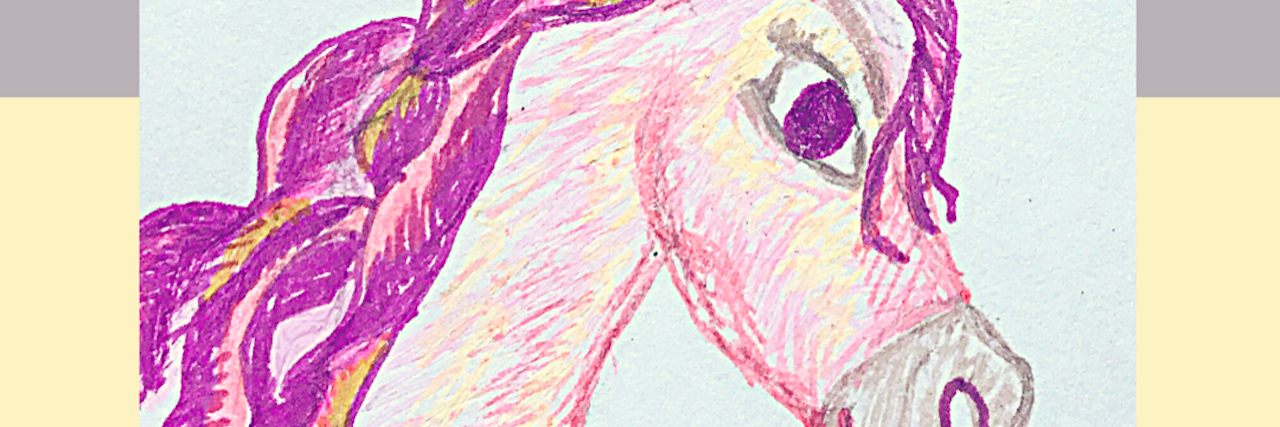Have you ever heard of the yuruchara?
If you haven’t…
They are mascots Japan created for places, industries and events both public and private. The idea was to boost tourism, and although the goal wasn’t quite achieved, people around the globe have fallen in love with these goofy, adorable characters. They have a mascot for just about everything.
So I got to thinking…
What if there was a mascot for chronic illness? What would a chronic illness mascot look like? What traits would this mascot have?
Well, I am proud to announce I have worked diligently on behalf of the chronic illness community to create a number of mascot suggestions.
Introducing…
The Sensory Overload Ostrich
When it is all too overwhelming and you can feel absolutely everything (and all of those everythings hurt), your chronic illness mascot is the Sensory Overload Ostrich.
If this bird gets too overwhelmed he buries his head in the sand and says, “Nope! Not today.”
It is important to understand the Sensory Overload Ostrich is not lazy, or cowardly, nor does he give up easily.
This mascot is a master of knowing and respecting his body’s limits.
The Imaginary Unicorn
When someone tells you that you look too good, too young or too whatever to be sick, the Imaginary Unicorn feels your pain.
This mascot is for all the chronic illnesses that are also rare illnesses, or just poorly understood.
She understands when you get a psych referral for the hundredth time and when you always have to educate your doctor on your illness (never the other way around).
The Imaginary Unicorn is a warrior who is always questioned and never understood, but holds her ground, confident in her own existence even when no one else is.
The Invisible Iceberg
Only 10 percent of the Invisible Iceberg is visible above the ocean surface. The rest is hidden underneath the water.
This mascot represents the isolation and loneliness of chronic illness, as well as how much we keep hidden from those we love and those we wish to connect with.
The invisible iceberg, like us, does not mean to be, or want to be, secretive. It simply is.
In dealing with ongoing health issues, often we need to be alone, or we cannot go out and socialize for one reason or another.
This is not intentional and it is certainly not by choice. It simply is.
This mascot is a reminder to others that people with chronic illnesses may not always look sick or be symptomatic all the time. Think beyond your basic assumptions about illness.
People of all ages and appearances can become ill. Most people will only be out socializing when they feel well, so you will most likely only see them when they feel their best. Consider all the time you don’t see them.
The Hovering Hummingbird
Ever feel like you are working soooooo hard, but getting nowhere?
Yeah, me too.
The Hovering Hummingbird understands. This little mascot understands that when you have a chronic illness you have to flap your wings so hard and so fast just to be able to perform day-to-day tasks.
The Hovering Hummingbird has to worry about maintaining a certain metabolic rate, and we have to worry about our nutrition, our medications, our medical bills, insurance claims, disability claims, being able to work or go to school, energy and making sure we don’t get sick! If you catch the bug that’s going around, you slide all the way back to square one, and it will take months and months to build yourself back up again!
Hummingbirds are an amazing feat of nature, and so are our bodies, no matter how frustrating they are at times.
Yes, The Hovering Hummingbird is a good mascot because it has to work harder than other birds to maintain altitude and metabolic rate, as those of us with chronic illness work harder than healthier people to maintain occupation and health. However, this mascot is also appropriate because it mirrors the awesome natural ability of our bodies to maintain our health.
So what do you think?
Are they yuruchara worthy? What chronic illness mascot would you create?
Let me know in the comments!
This post originally appeared on Healing Hugs and Hope.
We want to hear your story. Become a Mighty contributor here.





